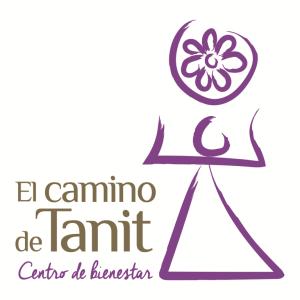What is life coaching? ""Coaching"" is an English term that originated in 1885 and referred to the coaching,...
London -
Greater London - United Kingdom
Espai TCI offers therapeutic treatment trainings based on the Integrative Body Therapy (la Formación en Terapia Corporal Integrativa, or TCI in Spa...
L'Eixample -
Barcelona - Spain





